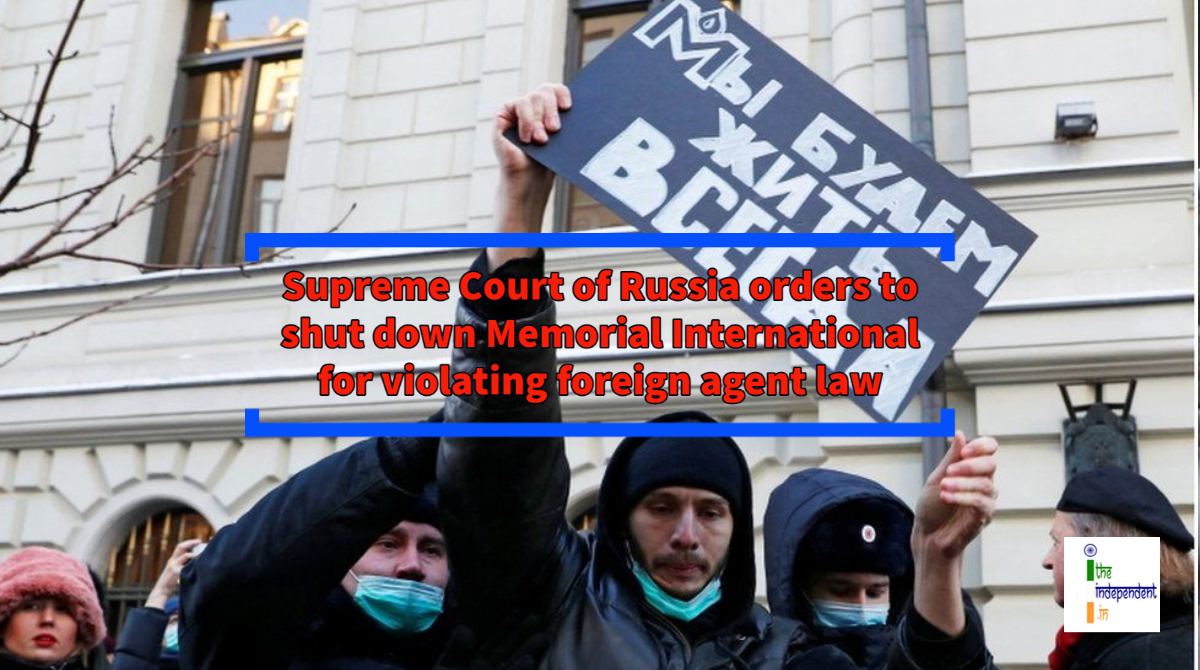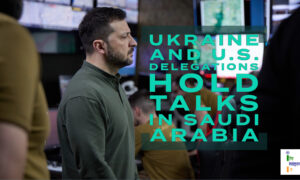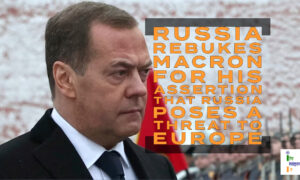
The Supreme Court ruled that Memorial “creates a false image of the USSR as a terrorist state, whitewashes and rehabilitates Nazi criminals”
The Supreme Court of Russia’s has ruled that Memorial International, the country’s best-known human rights group, should be shut down, for violating Russia’s “foreign agent” law.
In November 2021, the prosecutors accused the Moscow-based Memorial Human Rights Centre and its parent structure, Memorial International, of violating the law and asked the supreme Court to dissolve the group.
The Supreme Court ruled that Memorial “creates a false image of the USSR as a terrorist state, whitewashes and rehabilitates Nazi criminals”, referring to the Soviet Union.
This is the latest step in a crackdown on rights activists, independent media and opposition supporters. Memorial, which has more recently spoken out against the repression of critics under Russian President Vladimir Putin rule, termed the order as politically motivated.
The Memorial was founded in the late 1980s as the Soviet Union collapsed. It exposed the abuses of the Stalinist era and supported the victims and their families. One of the group’s Co-Founders – Andrei Sakharov was Nobel Peace Prize winner, who went on to be the first Honorary Chairman of the Memorial Society.
Speaking on the occasion, the Memorial Board Chairman Jan Raczynski said, “This is a bad signal showing that our society and our country are moving in the wrong direction.”
The Memorial International’s Lawyer – Tatiana Glushkova said, “The real reason for Memorial’s closure is that the prosecutor’s office doesn’t like Memorial’s work rehabilitating the victims of Soviet terror.”
There are also reports that Memorial International would appeal against the order in Russia and at the European Court of Human Rights.
Reacting to the order, Marie Struthers, Amnesty International’s Eastern Europe and Central Asia Director, said that the decision must be reversed immediately. He also said that it is a direct assault on the rights to freedom of expression and association and a blatant attack on civil society that seeks to blur the national memory of state repression.
The ruling came after the Memorial Human Rights Centre was put on the Government’s register of foreign agents in 2015, which imposed numerous restrictions on its activities. The label has negative Stalin-era connotations and requires individuals or groups to disclose sources of funding and mark all publications, including social media posts, with a disclaimer tag.
In their lawsuit, the prosecutors accused it of condoning terrorism and extremism. However, Memorial has denied all the allegations. Meanwhile, the pressure on the group has resulted in public outrage. Many prominent figures spoke out in support of its work. Besides, several people were reportedly detained for picketing the Supreme Court.
Memorial had been compiling a list of political prisoners, including Alexei Navalny, Putin’s most prominent critic, who is presently serving a jail term.
Recently, Russia has designated a number of independent media outlets, journalists and human rights groups as foreign agents. Russia says it is simply enforcing laws to prevent extremism and save the country from foreign influence.







